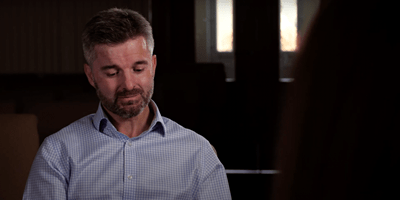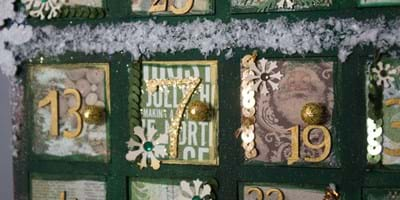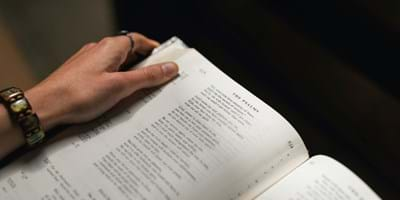What provoked this thought in his mind?
In verse 1, we see that the Lord gave the king rest from all his surrounding enemies. Did this thought spring from gratitude for that? Was his conscience pricked as he felt his palace was beautiful and permanent, whereas the existing tabernacle was less impressive to look at and moveable? Or was he thinking about the Lord’s promise during Israel’s wilderness journeyings of a time in the future when He would have a place of sacrifice (Deuteronomy 12:9-11)? I don’t know.
The question to my heart is, do we think of the Lord’s things as a priority? Or are our churches starving for lack of resources but our houses and carparks and wardrobes lavish? Do the two parts of our life balance? As Paul writes to the Corinthian believers, do we give in proportion to the resources we have (1 Corinthians 16:2)? Is there a “Laodicean” sense of needing nothing but being poor about us (Revelation 3:17)? David could advise us well on this, couldn’t he . . . from this experience in particular?
King David tells the prophet Nathan of his plan and, without checking, Nathan thinks it is a brilliant idea! Remember to always run your brilliant ideas past the living God first, as He still knows what He wants and will make this known to any of His children. It turned out that the idea wasn’t God’s but it did seem to start a great episode where God blessed David with more than he could have ever even asked for or dreamed about, as the chapter goes on to tell us. It reminds me of God’s generosity towards us (Ephesians 3:20).
Why was David not allowed to build the house? God gives the reason later: David was a warrior, and only a man of peace would be allowed to build God’s temple. God allowed David’s son, Solomon, to carry out that work, reminding me that God needs multiple men (all of whom fail) to provide a complete picture of the perfect Christ.
He promises David a kingdom forever, a house forever, and a throne forever, and we call this “the Davidic Covenant”. David’s dynasty did last for 600 years then, something which is unheard of in this present world, but the full, complete and final episode of that kingdom will be brought in by our Lord Jesus, David’s Son and Lord (Luke 20:41-44).
Can you see how generous our God is? You will never outgive him; He will always come out on top but He seems to like us to try sometimes!
God also reminded David that the people who need spiritual food (a shepherd to feed them – v.7) are far more important to God than the building that represents or serves Him. He didn’t want a fixed dwelling place but had habitually walked with his people in His tent, the tabernacle (v.6). He also raised up David from nothing and went with him wherever he went (vv.8,9), and David had firsthand experience of Him. Isn't a firsthand experience of God's presence so much better than constructing a building where He can dwell but in which there is limited access to Him? Bringing it to the present day, the church is the people, not the “steeple” (building).
Is it the desire of our hearts that we should know the Lord’s presence and help each day, and can we say that it has been our personal experience? What a shame if we can’t, as God has promised us the same (Matthew 28:20). Or do we not do anything for Him that would require His help?
God’s promises are big. Instead of David making a house for God, God is going to give David a house, a line of descent, heirs forever (vv.12,13). He also adds to this a kingdom, I believe this to mean a physical land, for these kings to rule over. Then God adds to this a throne or government, with laws, etc., which will be forever as well. David was so impressed he sat in a specific place “before the lord” (v.18) and asked, “Who am I?”. He felt so insignificant.
Will this encourage you to have personal dealings with God? Will you try to give him some more and see what spiritual blessings God may decide to give you? David was shocked at what God gave him but God had seen the genuineness of his heart and offer. Here lies the big problem: we can’t fool God as he knows our hearts, He can discern our motives. Our desires must be genuine, out of true love to God.
This covenant was a true blessing but it did come with a caution (v.14); the promise means that God will chasten any of the dynasty of David who need to be disciplined.
God hasn’t changed. The close relationship we have in Christ will bring God’s discipline if we need it so we must live with care. The children’s chorus puts it simply:
“S-I-N is a very little word and it always spells disaster. You must leave it very much alone or it will become your master.”
And God knows this only too well so he trains us for our good as much as is necessary.
The chapter closes with David praying to God and repeating and enjoying all the things God has told him, no doubt delighting the heart of God as He sees the joy David has rediscovered.
So, God is generous, and He will not be outgiven.
We look forward to the time when all these promises will come to fruition in Christ and we will see it with our own eyes.



































